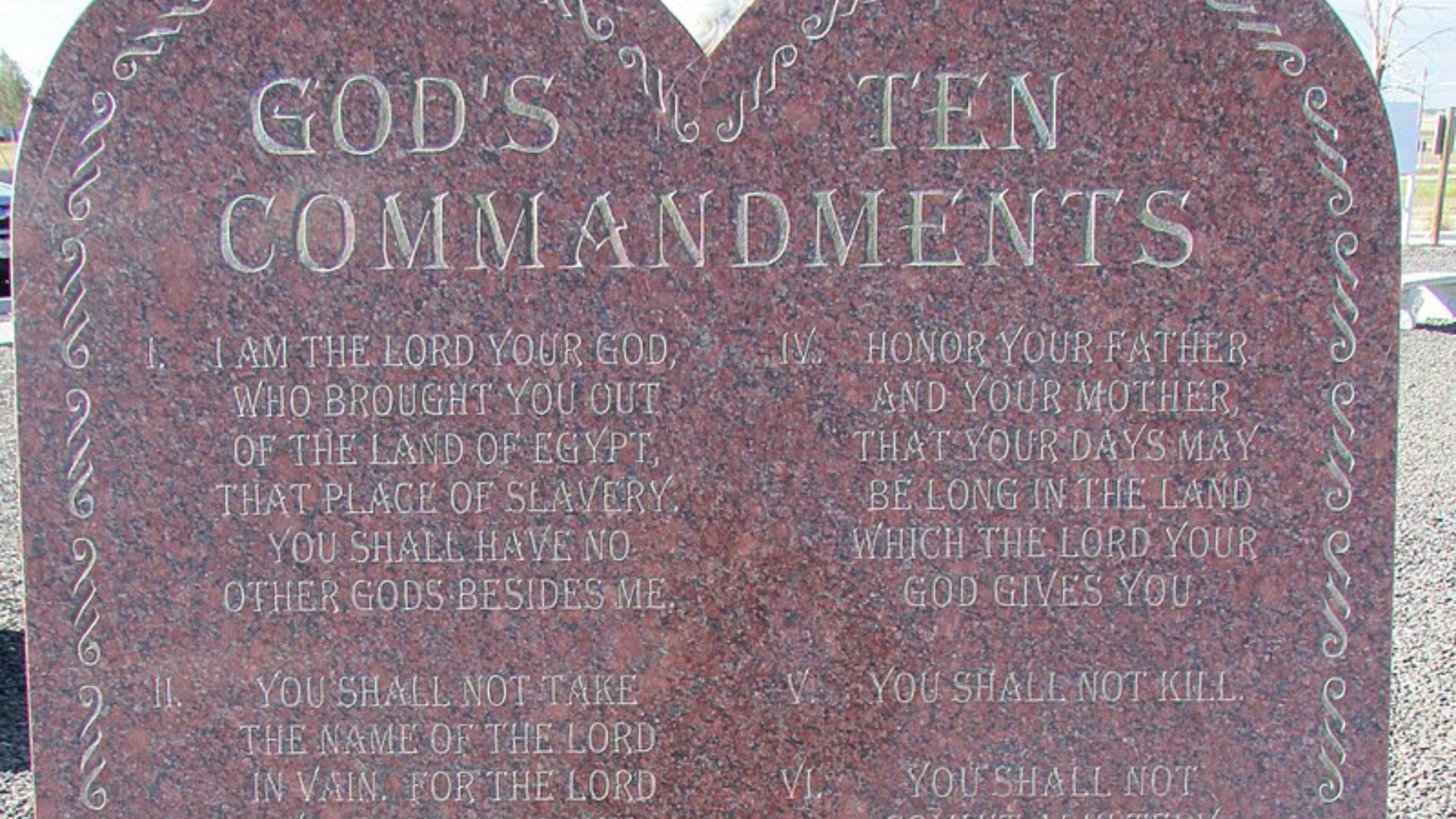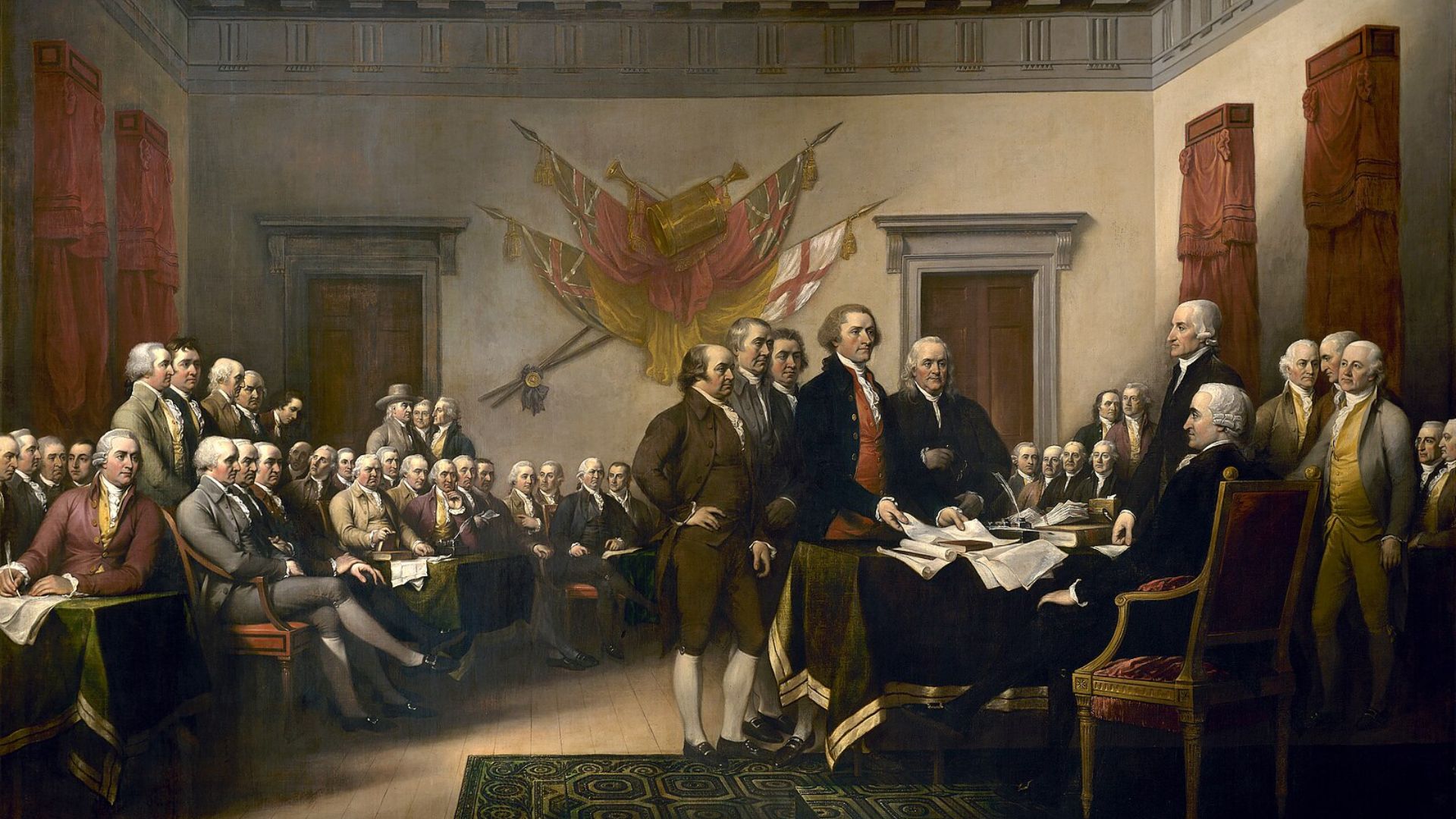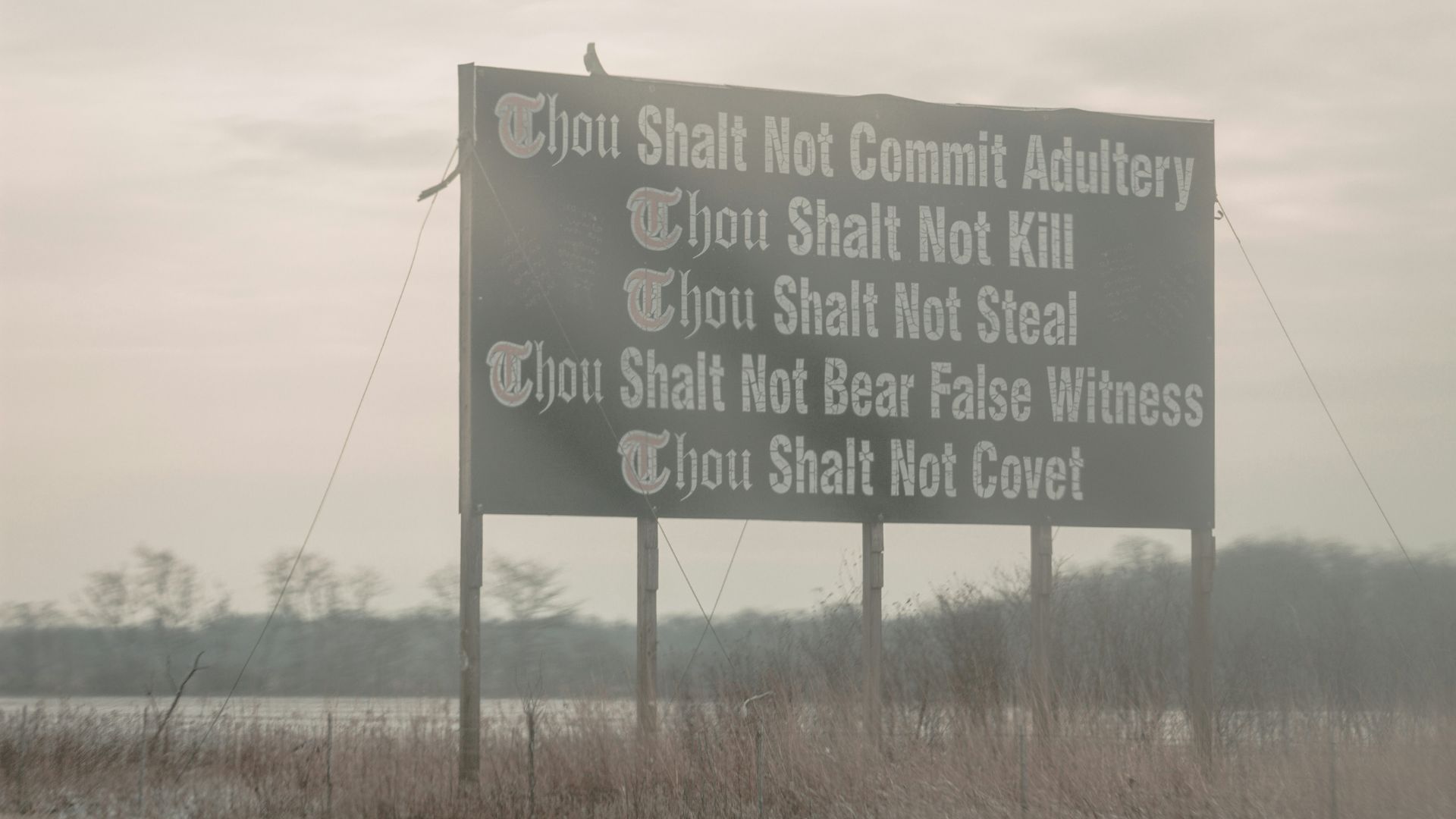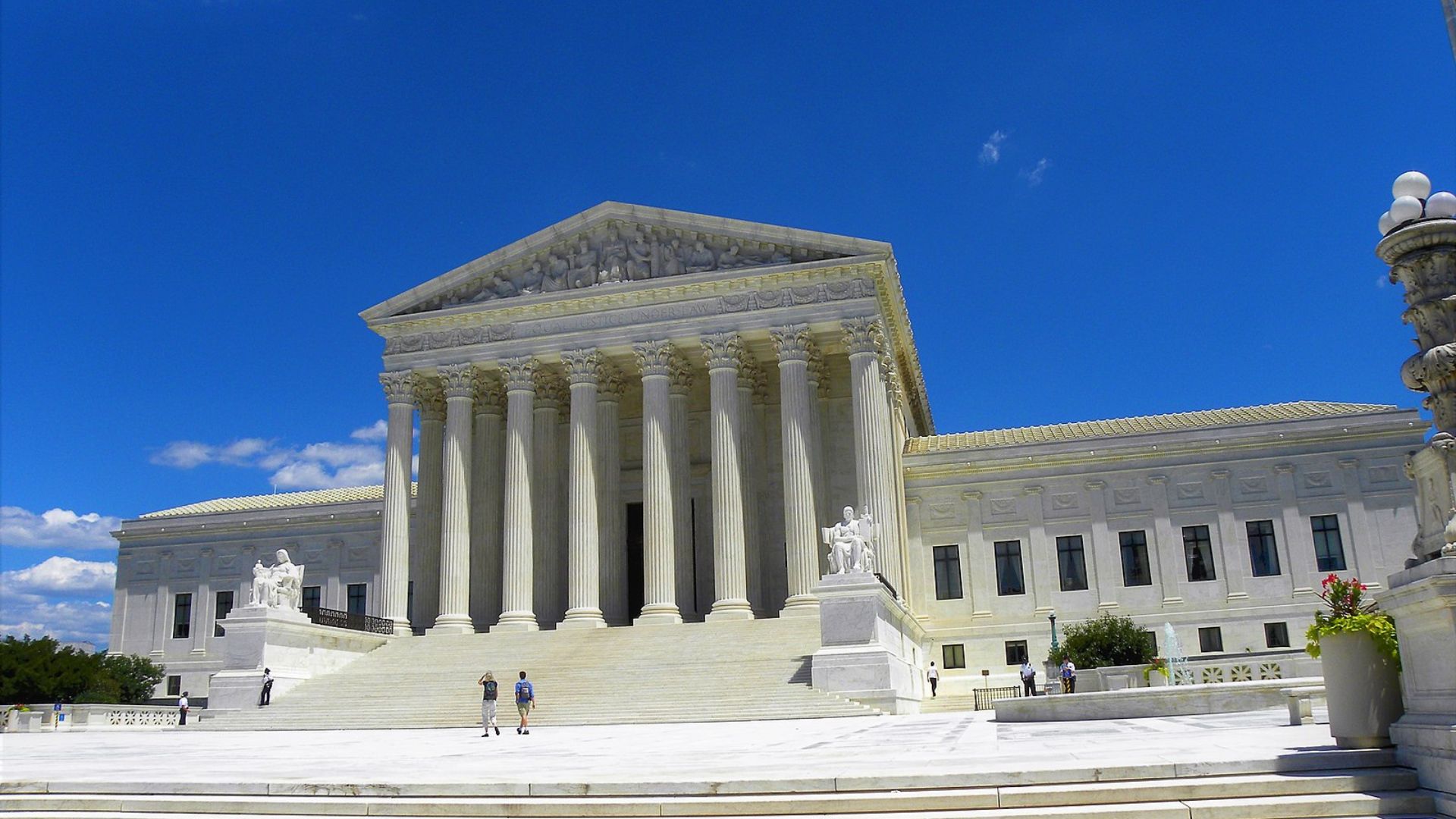Louisiana takes a groundbreaking step as the first state to mandate the display of the Ten Commandments in every public school classroom.
Signed into law by Republican Governor Jeff Landry, this initiative sparks a mix of applause and uproar, highlighting the state’s conservative shift under new leadership. “If you want to respect the rule of law, you’ve got to start from the original lawgiver, which was Moses,” Landry explained.
Not Just Religion: A Historical Perspective

This law isn’t just about religion, say supporters; it’s about acknowledging historical roots.
According to the legislation, the Ten Commandments are “foundational documents of our state and national government.” Critics, however, question the move’s constitutionality, fearing it blurs the line between church and state.
The 2025 Classroom Makeover

By 2025, Louisiana classrooms will feature poster-sized Ten Commandments in a “large, easily readable font.” These posters come with a context statement, claiming these commandments were a “prominent part of American public education for almost three centuries.”
The question of how this will play out in a diverse educational landscape remains.
Self-Funded Faith: Who’s Footing the Bill?

Interestingly, no state funds will be allocated for these new classroom additions. Instead, the law stipulates that the necessary posters must be financed through donations.
This aspect could add another layer of complexity and controversy to the implementation process.
Beyond the Ten: A Door Opens for More

The law also opens the door for displaying other historical documents in classrooms, like the Mayflower Compact and the Declaration of Independence.
This inclusion aims to enrich students’ understanding of American foundations without additional state expenditure.
Immediate Backlash: Legal Challenges Await

No sooner had Governor Landry signed the law, than legal challenges were promised by various civil rights groups.
Organizations like the ACLU and Americans United for Separation of Church and State argue that this law could alienate non-Christian students and infringe on constitutional rights.
One Law, Many Interpretations

Even among supporters of the Ten Commandments, there’s division on which version should be displayed, reflecting deep denominational rifts.
“The government should not be taking sides in this theological debate,” stated concerned civil rights groups. This highlights the complexity of implementing a law that touches on religious beliefs.
Louisiana’s Conservative Wave: A New Era

This law marks a significant moment in Louisiana’s political landscape, now dominated by a Republican supermajority.
With every statewide elected position held by Republicans, the stage is set for more conservative policies, shaping the state’s educational and social environment.
A Nationwide Trend? Other States Watch Closely

While Louisiana forges ahead, similar bills have popped up in Texas, Oklahoma, and Utah.
However, none have passed, largely due to the looming threat of legal challenges. Will Louisiana’s bold move set a precedent, or will it stand alone?
Historical Echoes: The Supreme Court Weighs In

It’s not the first time the U.S. has debated this issue.
In 1980, the Supreme Court struck down a similar law in Kentucky, citing a violation of the establishment clause of the U.S. Constitution. This precedent poses a formidable challenge to Louisiana’s new law.
What’s at Stake: Education or Indoctrination?

Critics argue that imposing the Ten Commandments in schools might prioritize indoctrination over education.
With the ACLU and other groups gearing up for a fight, this law could become a landmark case on the limits of religious influence in public education.
The Future of Public Education in Louisiana

As the 2025 deadline approaches, all eyes will be on Louisiana’s public schools.
Will this law survive the onslaught of legal challenges, or will it crumble under the weight of constitutional scrutiny? Only time will tell how deep the roots of tradition can grow in the modern educational soil.
